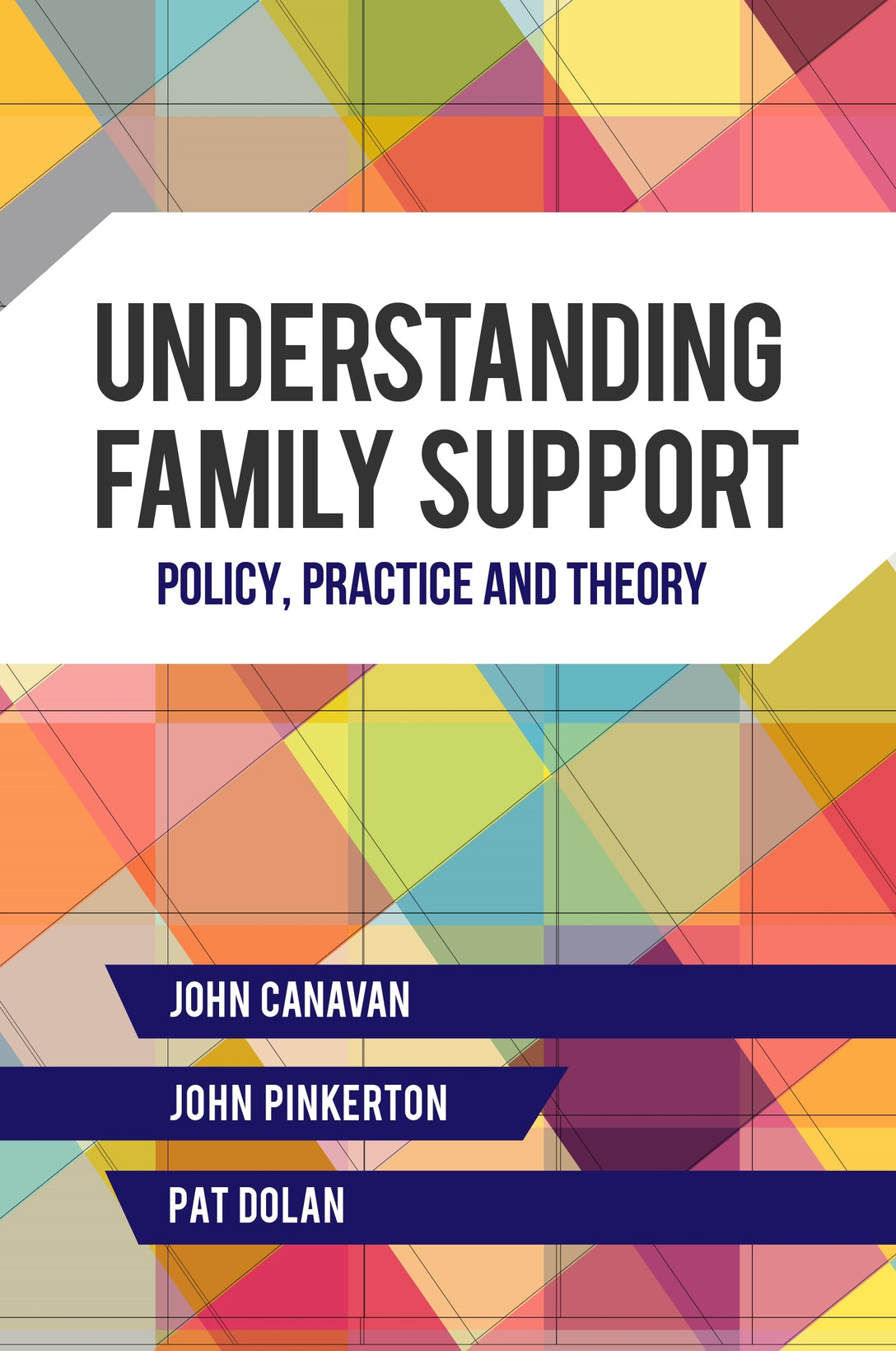
Press Reviews
Nick Frost, Professor of Social Work (Childhood, Children and Families), Faculty of Health and Social Sciences, Leeds Beckett University
The authors of this important book have been central to keeping family support on the policy agenda for many years now. As part of this project they have produced an excellent text which is relevant to all those with an interest in family support. A major strength of the text is that it is simultaneously both theoretically well-informed and practically relevant. The elegant use of theory means that the book forms a coherent and consistent whole. This book is a must read for policy makers, practitioners, academics and students alike - highly recommended!
John Davis, Professor of Childhood Inclusion, The University of Edinburgh
The authors of this very accessible book have made a significant and lasting contribution to theory, policy and practice on family support. They have established the field internationally and promoted comparative research-led thinking amongst academics, policymakers, managers and practitioners. This book provides principles, tools, methods and a critical foundation from which to evaluate, question and review the way we work. Key issues include: boundary-spanning, strength-based working, post-modern management and global analysis. At the heart of this text is an aspiration to develop family support from children and parent's perspectives and the book successfully provides detailed advice on how we can collaboratively ensure better outcomes for children, families and communities.
Professor Ilan Katz, Social Policy Research Centre, University of New South Wales, Australia
This book makes a significant contribution to theory, policy and practice of family support. By attempting to develop a clear definition of what is (and what is not) family support, the book clarifies and opens up an important debate about the nature and context of family support. The book also situates family support within global developments in policies which increasingly recognise the importance of state support for families. Policy makers, academics and practitioners will all benefit from its important insights and discussions.
Dr. Carolyn Cutrona, Chair of the Department of Psychology, Iowa State University
Particularly noteworthy are the ten principles of family support practice, which could serve as a checklist for practitioners, administrators, policy-makers, and those who wish to extend high-quality family support services globally. The book argues for the importance of theory as the foundation for family support and for rigor, with sensitivity to the needs of individual families, in evaluation. The authors offer sound advice for practitioners and administrators who plan for the future and make decisions about asset allocation in social service agencies. They stress the importance of teamwork across agencies, flexibility in meeting families' needs, and providing a supportive work environment for family support providers. Looking to the future, the authors offer a vision of expanding the model of family support globally, after careful analysis of the cultural and political factors that must be considered in this effort. The book will be useful for students, practitioners, managers, and those who craft policy that influences the lives of children and families.
